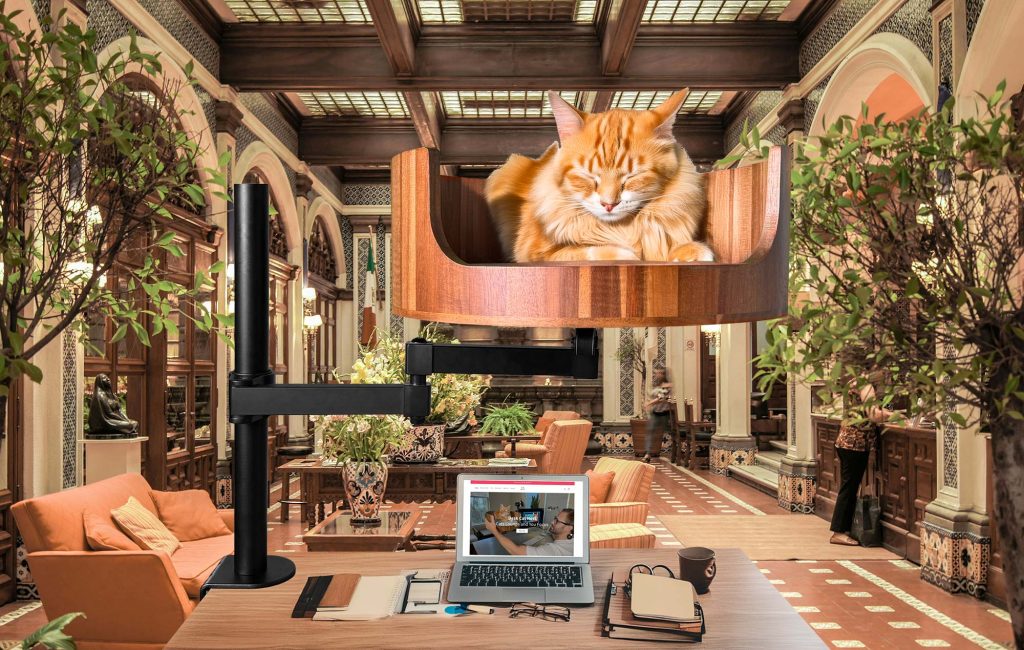Cat owners often develop a strong bond with their beloved pets, making it especially heartbreaking when they begin to exhibit signs of illness or decline. Recognizing the warning indicators of a cat’s impending passing can help owners prepare emotionally and make important decisions about their pet’s care. In this article, we will explore the common signs that a cat may be nearing the end of its life, as well as ways to provide comfort and support during this difficult time.
From changes in behavior and appetite to physical symptoms such as weight loss and lethargy, there are several key warning signs that may indicate a cat is approaching the end of its life. Understanding these signs can help owners provide the best possible care for their feline companions in their final days. Additionally, we will discuss the importance of seeking veterinary guidance and support to ensure a peaceful and dignified end-of-life experience for a beloved cat.
1. Recognizing changes in your cat’s behavior, appetite, and energy levels can help you identify potential warning signs of illness or decline.
2. Symptoms such as weight loss, vomiting, lethargy, and changes in grooming habits should not be ignored and may indicate a serious health issue.
3. Regular veterinary check-ups and prompt attention to any unusual symptoms can improve the outcome for your cat.
4. Providing a comfortable and stress-free environment for your cat can help alleviate some health issues and improve their quality of life.
5. Understanding and recognizing the warning signs of a dying cat can help you make informed decisions about their care and end-of-life arrangements.
Recognizing the Signs of a Dying Cat
Recognizing the signs of a dying cat is crucial for providing the necessary care and support during their last days. Some common signs include a loss of appetite, lack of interest in activities they once enjoyed, changes in behavior, weight loss, dehydration, difficulty breathing, and hiding or isolating themselves. It’s important to monitor your cat closely and seek veterinary help if you notice any of these symptoms.
Physical Indicators of a Dying Cat
Physical indicators of a dying cat may include pale gums, cold extremities, lack of coordination, vomiting, diarrhea, seizures, and a sudden decrease in body temperature. These signs can indicate a serious health issue or imminent death. It’s essential to consult with a veterinarian to assess your cat’s condition and provide appropriate care.
Emotional Support for a Dying Cat
Providing emotional support for a dying cat is essential to help them feel comfortable and loved during their final moments. Spend quality time with your cat, offer gentle petting and soothing words, create a peaceful environment, and ensure they have access to their favorite toys or blankets. Additionally, consider consulting with a professional pet counselor or therapist for guidance on how to support your cat emotionally.
Deciding on End-of-Life Care for Your Cat
Deciding on end-of-life care for your cat can be a challenging and emotional process. Consider factors such as your cat’s quality of life, pain level, and prognosis when making this decision. Options for end-of-life care may include palliative care, hospice care, or euthanasia. Consult with your veterinarian to discuss the best course of action for your cat’s well-being.
Frequently Asked Questions about Desk Cat Nest for Cat Dying Signs
What are the common signs that my cat might be dying?
Some common signs that your cat might be dying include extreme lethargy, loss of appetite, weight loss, difficulty breathing, changes in behavior, and incontinence. If you notice any of these signs, it is important to consult with a veterinarian.
How can a Desk Cat Nest help my cat who is displaying signs of dying?
A Desk Cat Nest can provide a comfortable and safe space for your cat to rest and relax. The cozy and enclosed design can help reduce stress and anxiety, which may be beneficial for a cat who is not feeling well. Additionally, the elevated design can help keep your cat away from drafts and provide a warm and secure environment.
Is a Desk Cat Nest suitable for all cats, including those who are ill or elderly?
Desk Cat Nests are generally suitable for all cats, including those who are ill or elderly. However, it is important to consider your cat’s specific needs and preferences when choosing a cat bed. Some cats may prefer a more open design, while others may feel more comfortable in an enclosed space. Always monitor your cat’s behavior and adjust their sleeping arrangements accordingly.
Can a Desk Cat Nest prolong the life of a cat who is showing signs of dying?
While a Desk Cat Nest can provide comfort and support for a cat who is not feeling well, it is not a cure for underlying medical conditions. It is important to consult with a veterinarian for proper diagnosis and treatment. A Desk Cat Nest can help improve the quality of life for your cat during their final days, providing a cozy and soothing environment for them to rest in.
In conclusion, providing a comfortable and calming environment for a cat experiencing signs of decline is essential in offering them comfort and support during a difficult time. The Desk Cat Bed is a valuable choice for pet owners looking to create a peaceful and secure space for their feline companions. With its soft cushioning, enclosed design, and convenient placement on a desk, this bed allows cats to rest and relax in a safe and comforting space. By investing in a Desk Cat Bed, pet owners can provide their cats with a sense of security and comfort, helping to alleviate some of the stress and discomfort associated with cat dying signs.


